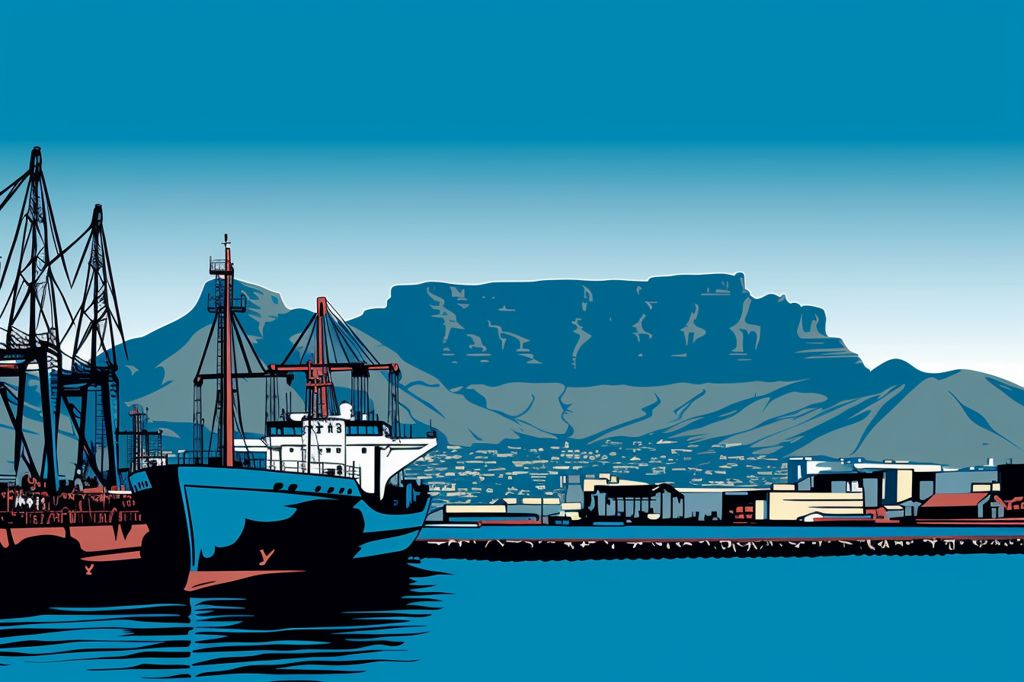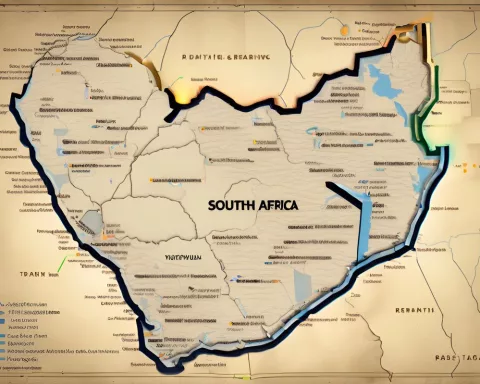Unlocking the Potential of Cape Town’s Port: The Need for Private Sector Participation
During the Ports, Customs, and Border Security Conference held at the Cape Town International Convention Centre, Mayor Geordin Hill-Lewis emphasized the importance of private sector involvement in driving economic growth and job creation at the Port of Cape Town. Efficient ports are crucial for a country’s development, and South African ports, including the historic Port of Cape Town, have been underperforming in global efficiency rankings due to the state-owned entity’s issues.
The Challenges and Proposed Solution
South Africa’s agricultural and mining output has been significantly affected by the port’s inefficiency. Mayor Hill-Lewis believes that the solution lies in decreasing state control and increasing private sector investment. The proposed state-owned shipping company mentioned in the draft South African Shipping Bill is not a viable solution. Instead, a higher level of privatization is needed, which the national government is aware of.
The Benefits of Private Sector Involvement
Research by the Western Cape’s Department of Economic Development and Tourism suggests that privatizing the port could generate an additional R6 billion in exports, create about 20,000 direct and indirect jobs, and generate over R1.6 billion in additional taxes in five years. Efficient movement of goods through ports is essential for a trade-dependent country like South Africa.
The Importance of Public-Private Partnerships
The failure of state-owned entities in South Africa has highlighted the need for public-private partnerships to enhance efficiencies across various sectors, including ports. Mayor Hill-Lewis cited the private sector’s success in the container ports of Durban and Nqura and the 25-year Special Purpose Vehicles between Transnet Port Terminals and international terminal operators as examples of infrastructure investment that improved efficiencies.
The Potential Impact on Cape Town
With thriving agriculture and related industries, Cape Town has experienced significant job creation in recent years. Unlocking the Port of Cape Town’s potential through privatization could significantly expand trade and export opportunities, contributing to the prosperity of Cape Town and its citizens.
Mayor Hill-Lewis’s call for greater private sector participation at the Port of Cape Town is essential for the region’s economic growth and job creation. Embracing public-private partnerships and reducing state control can help the port overcome its inefficiencies and play a crucial role in South Africa’s trade and export sectors. Such a transformation could ultimately contribute to Cape Town’s economic prosperity.












